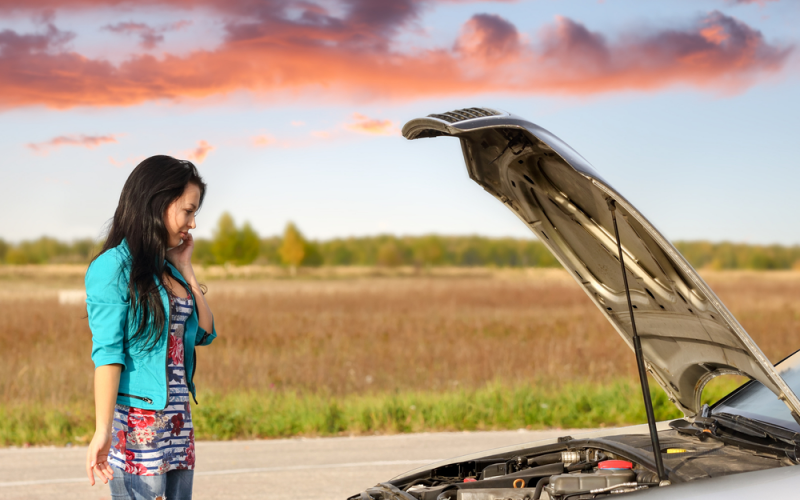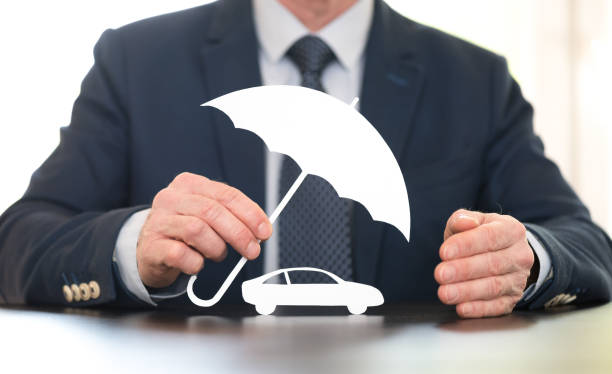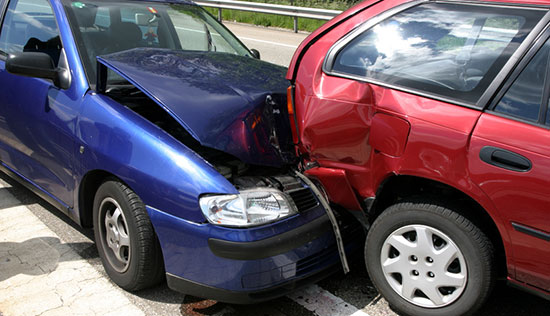Auto Insurance
Automobile Insurance is the way to protect yourself and your vehicle in case of an
accident.
California state law requires vehicle owners or operators to comply with the financial responsibility law.
What is full coverage Insurance?
Again, there isn’t a single answer to this question.
Some car insurance agents say this coverage refers to the combination of collision and comprehensive insurance for physical damage, along with enough bodily injury and property damage liability insurance to meet your state requirements.




Auto Insurance Coverage
- Liability
Liability insurance coverage protects you financially if you’re responsible for someone else’s injuries or property damage.
- Collision Insurance
Collision Insurance covers damage to your vehicle in the event of a covered accident involving a collision with another vehicle. This may include repairs or a full replacement of your covered vehicle.
- Comprehensive coverage.
Comprehensive insurance coverage is defined as an optional coverage that protects against damage to your vehicle caused by non-collision events that are outside of your control. This includes theft, vandalism, glass, and windshield damage, fire, accidents with animals, weather, or other acts of nature.
- Uninsured Motorist
This coverage protects the driver and passengers, in their medical expenses, when they are hit by a driver who does not have insurance.
- Car Rental
This coverage covers the expenses of a rental vehicle when your vehicle is being repaired due to an accident.
- Towing
This coverage covers the cost of roadside assistance moving the vehicle when it is damaged, improperly parked due to an accident or other circumstances.
- Medical Payment
Medical payment coverage is an optional coverage option for auto insurance policies in most states. In event of a car accident, this coverage can help you pay medical expenses for yourself and your passengers.



